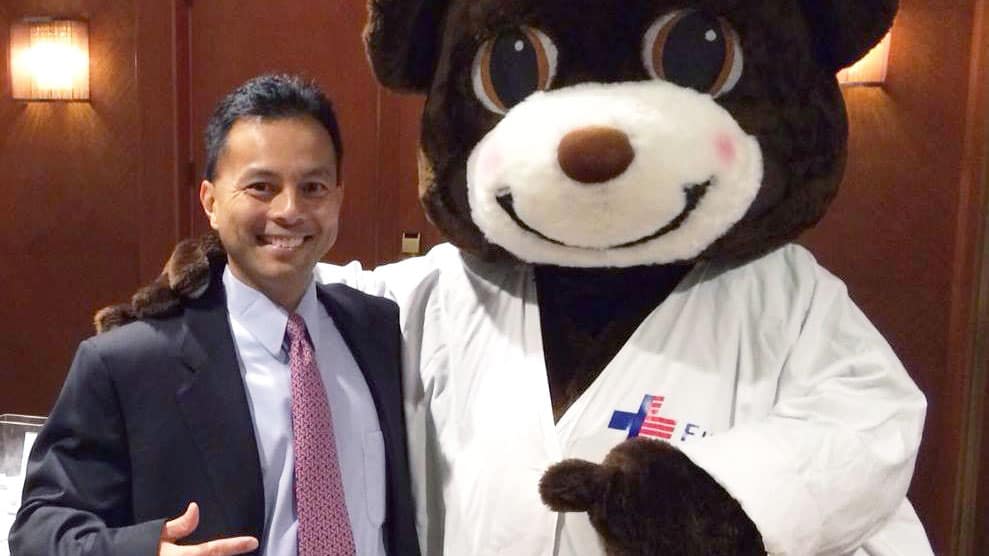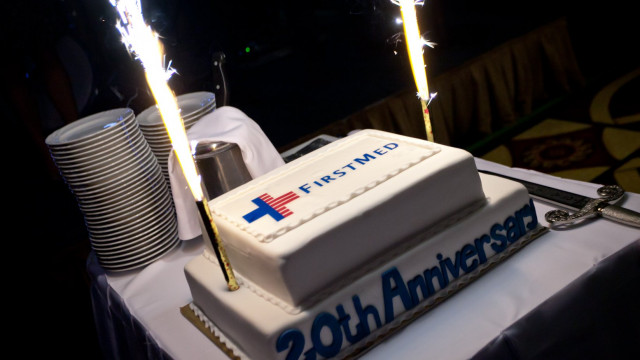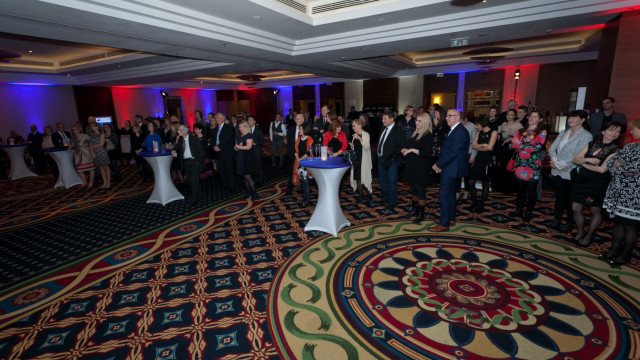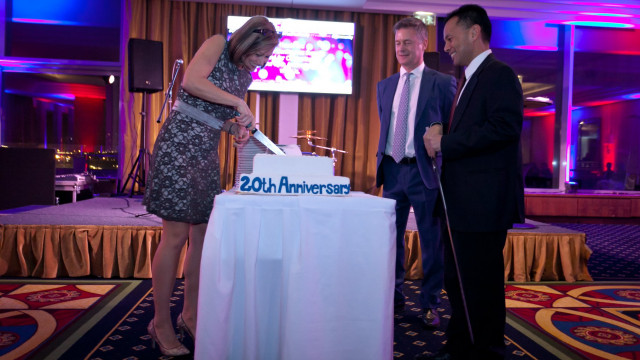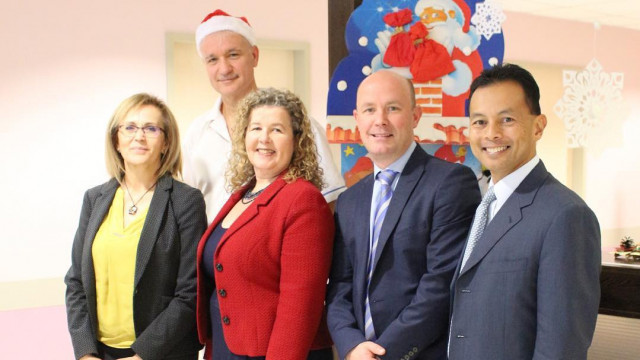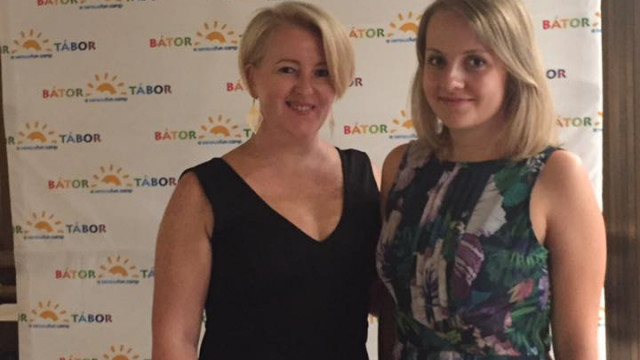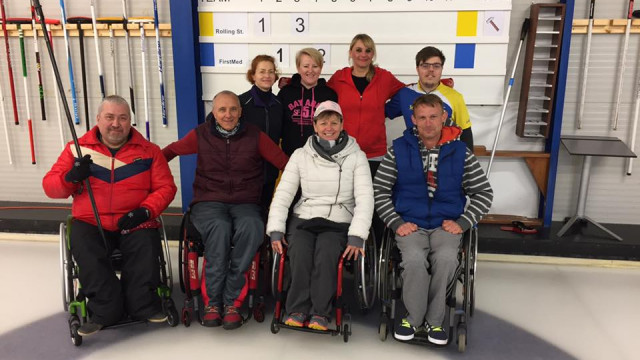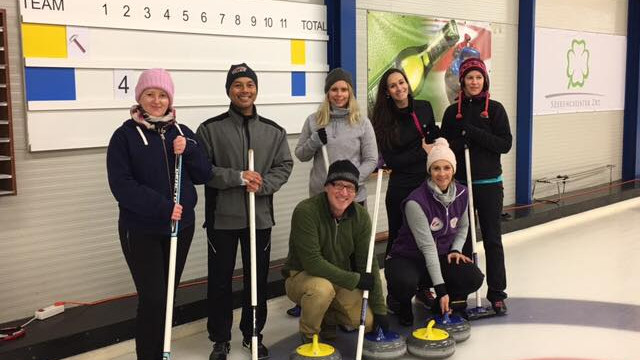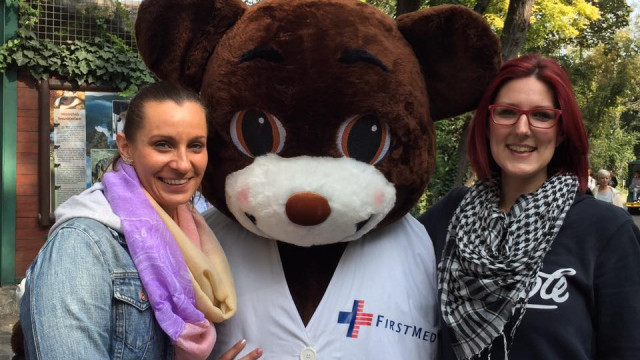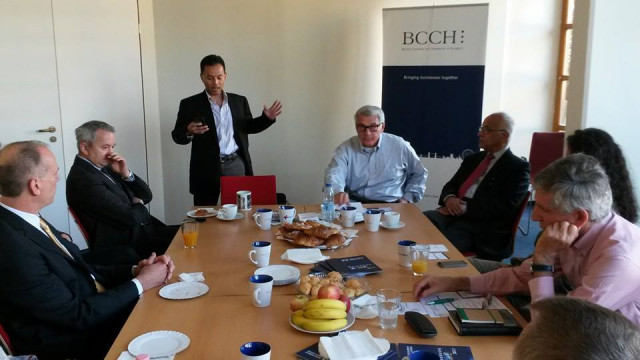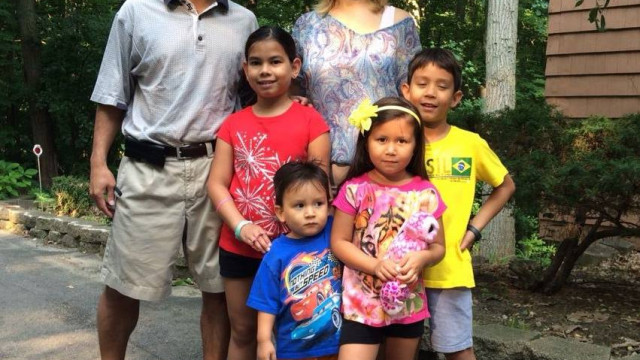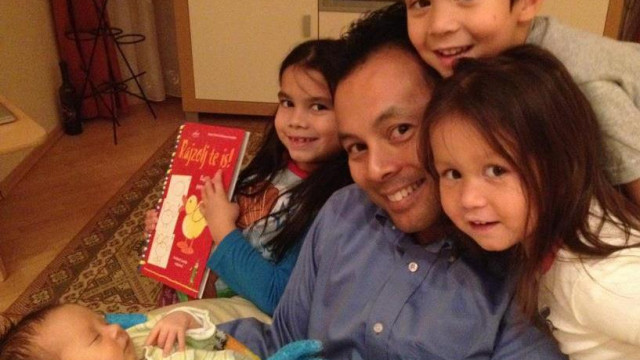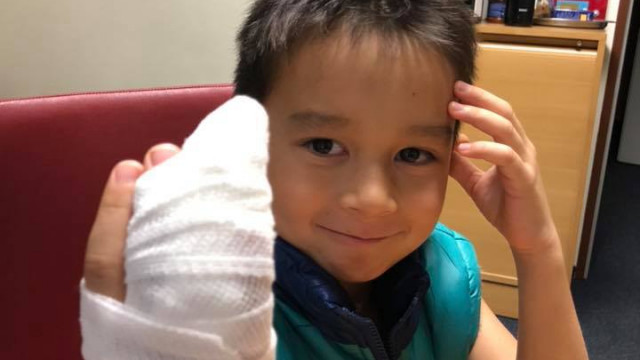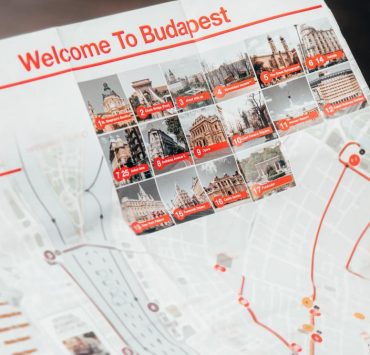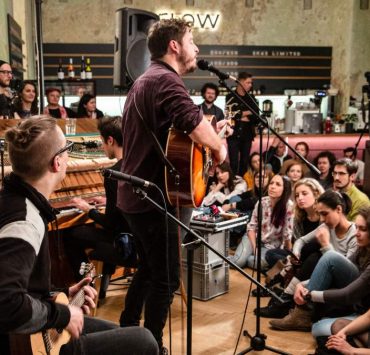His childhood dream was to become a doctor. He has worked in China, Russia, and advised prominent companies on health care. We spoke to Dennis Diokno, CEO & Founding Partner of the private clinic FirstMed celebrating its 20th anniversary, about his career, the clinic today, and its future.
FirstMed had a quite prestigious 20th birthday on 16 February. How would you summarize the past 2 decades?
An exciting learning experience. It’s been two decades of learning … learning how to build and grow my business, learning the country and the culture and to see and work with different people. The overall experience to me has been one giant learning experience.
You were born into a very medically-oriented family; your father is a physician.
He’s a prominent urologist in the U.S. My mother was a practicing nurse and my two sisters both work for big pharmaceutical firms. My brother’s the odd one out who doesn’t work in healthcare. He works with Apple in the U.S.
Was it obvious to choose this profession or did you have other childhood dreams?
My childhood dream was to become a doctor. I was very interested in sciences from a young age, I started university as a pre-med student. In my first year, I started taking German. In my second year, I added marketing, management and accounting, and found them all very interesting. One day the former marketing director suggested I might want to consider international business and recommended a little school in Arizona called Thunderbird. By chance, a few weeks later a recruiter came to campus. As for the medical side of the business, that was by chance, really.
You started your career in Moscow…
My first job after I got my MBA in International Management in 1991 was in Moscow, I’d taken a year of intensive Russian while I was working on my MBA. The job market wasn’t great and it was difficult competing for jobs with people with many years of experience with large multinationals.
I was in Moscow in early 1992, working on my Russian skills, and after a few weeks hearing and speaking Russian I was going a little crazy so I faxed my CV to a few companies. I had an interview with the American Medical Center, owned and operated by Hospital Corporation of America. It was only an internship position, but I got it. Shortly after I went full time, and then my boss’ boss left, so my boss got a promotion, and I did too. After my boss left for the U.S. state department I was running this international medical centre in Moscow, aged 23, 24. That’s how I got into the medical business, not planned, but I’ve stayed in it ever since.

How and when did you decide to come to Hungary?
Again by chance, and partly because of my Russian studies. I went to China after Moscow in the mid-90s and also worked in healthcare. I was the first GM at the International Medical Centre Beijing, which is still around today.
Then I did consulting work for several healthcare companies. I very much wanted to get back to Central Europe. One company sent me to Budapest, Prague and Warsaw to look at opening clinics. Ultimately they didn’t invest, but I had done the feasibility study and research, and I decided I would start myself. We ruled out Prague because I believe there was already a clinic there. I had a business partner and we decided we would go to Budapest.
So this environment was the best.
The environment was best from a business perspective. In terms of market and potential demand, Budapest seemed to be growing at the time. I started the project on 1 January 1998 and FirstMed opened in February 1999. We originally opened as the American Clinic.

Has it always been open for Hungarian clients too?
Yes. Most of our patients over the years, especially in the early years, have had international insurance, so that’s where our initial focus was. We’ve had Hungarian patients and we started getting more and more as we introduced our Premium Plan that gives access to all our services for an annual fee. So we’ve never been just for foreigners, we’ve always been open to the Hungarian public.
“Your health comes first” – that’s the slogan of FirstMed. What’s the philosophy behind it?
When we came up with that we wanted to capture what we believe differentiates us from other clinics: our customer service and attention to our patients. We are looking after our patients’ health and their health really does come first to us. One of the things we are really trying to get people to do is focus more on preventative care, and to do annual physicals or as we call them health maintenance exams. To get people to consider their health first – before they need us, before they are sick, before they have some problem.

Can we say that FirstMed is the leading English-speaking private healthcare provider in Hungary?
There are probably a few other clinics providing services in English. We were probably the first to promote it widely and say that both English and Hungarian are our working languages and that most of our staff speak very good English. In addition to being a highly-qualified professional, whether you’re a doctor, a nurse or the person answering the phone, you’ve got to speak English and Hungarian.
You started with a staff of five and now you have over 100 employees.
Yeah, roughly five full-time. Today, our full-time employees are close to 100 and of course a lot of consultants and doctors, who come in for a few hours or a few days each week.
And do those five full-timers still work for FirstMed?
We have five from the first year that are still with us.
Speaking of values – FirstMed gives back to the community.
Many people approach us to support their organizations and we do assist a lot, quite often with a gift of one of our plans for their raffles or silent auctions. We also support some organizations with cash, two in particular. The first is the Robert Burns International Foundation which we’ve been associated with for several years now. We found out about the RBIF through the BCCH and I had known Douglas Arnott for some time. He asked us about participating in a charity curling event they had, also perhaps sponsoring it.
I wondered why a Scot was inviting us to do curling because I thought it was a Canadian sport, but it turns out it’s Scottish. Then we took a table at the Burns Supper, and a year ago decided to make the RBIF one of our two supported organizations, along with Csodalámpa.

It’s widely known that FirstMed does a lot of charitable activities.
We have been supporting Csodalámpa for eight years, increasing our level of support each year and our staff help too. We participate in at least one run, where our staff contribute money to help fulfil a wish, and we help with a few other wishes too, like sending kids to Euro Disney. I like to give back to the community.
The British Chamber of Commerce has been a great forum for us. I have been serving on the Council for close to six years now. Most of the council members represented large companies: PWC, KPMG, GE, BT. I have always represented and been an advocate for small businesses. FirstMed has sponsored SME breakfasts for knowledge transfer and we are soon to launch an Academy, where SMEs will be able to capture contemporary business strategies and skillsets to develop their companies. I’m an American but still we’ve been long-time supporters of the British Chamber and community.
Does your family use FirstMed services?
Unfortunately, we’ve had to use them quite regularly recently. In a family with four kids, accidents happen, they pick up a cold or a cough. My youngest, Dylan (seven years old) goes to gymnastics and had an accident when a glass frame fell from the wall. He tried to catch it and it cut his finger. Thankfully one of our best surgeons was here. The nurses calmed Dylan down and he stitched up his finger. My daughter had a little thing on her chest which they were a bit concerned about so they removed it. As for me, I personally have been using things more as you get older…
You are a father of four kids. How old are they?
My oldest is 13 and a half, my son just turned 12 a few weeks ago, my younger daughter is 8 and a half now, and my youngest is 7.
So the clinic is also child friendly. I saw the little corner, designed especially for children.
When we expanded about seven or eight years ago and we took the rest of the fifth floor of the Hattyú Ház we built that little area to provide a little space for the kids where they can play, relax, and give the patients in the main area a little more peace and quiet.
FirstMed is growing and you’re going to have new examination rooms on the fourth floor as well.
It seems like every year we take a little more space in the Hattyú Ház. We needed the additional capacity to add new specialties.
Expanding the clinic your future plan?
There are three different ways we are expanding. In the main clinic, we are adding additional specialties like colonoscopy and gastroscopy, and we will also be open on Sundays soon.

Do you have a dream to reach or have you already reached all your dreams?
I’ve been very fortunate in my life. I’ve gone to places, seen things and done things that a lot of people only dream of. More recently my parents wanted their grandkids to see their heritage in the Philippines, so we went there last summer. I’ve really lived a lifetime and I still have half my life to live. There’s still a lot to accomplish, a lot of adventures and I’d like to see FirstMed continue to grow. Part of my vision is to see us take what we’ve done here and replicate it in other cities.
When you talk about the journey and the growth, can you talk a little bit about all your investment in people?
That’s an important component of our service. We want to provide outstanding customer service and I think that’s what sets us apart from other clinics: our service providers, whether the doctor or the lady at the front desk, are compassionate, empathetic. Some things you can’t teach, but others on the customer service side you can, and so with some of our more senior managers we took a few people to Las Vegas for a medical conference last year. They learned the latest approaches to administration and customer care.
You’re obviously a very busy person so how can you switch off?
Well I used to play a lot of golf. I have some friends that are fellow golfers and we had a morning group that used to meet on Thursday mornings to squeeze in 9, sometimes 18 holes in the summer. I used to do aikido. I was quite serious about my training. There was a time in my life when I did it literally every day, but not anymore.
For me, switching off is just time with the family, time with the kids when we travel, or just following the kids’ activities. All of my kids do gymnastics, two of them competitively, so switching off for me is family time.
